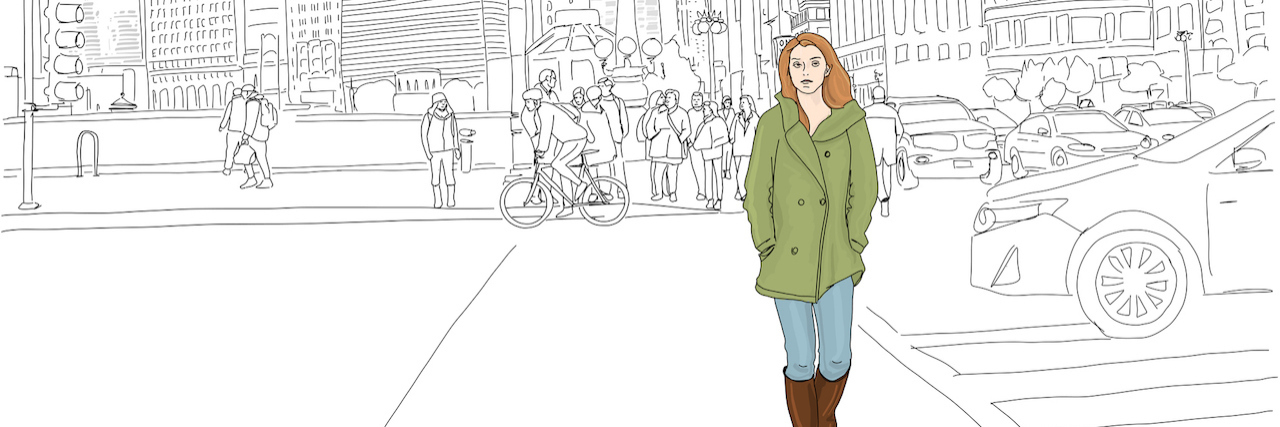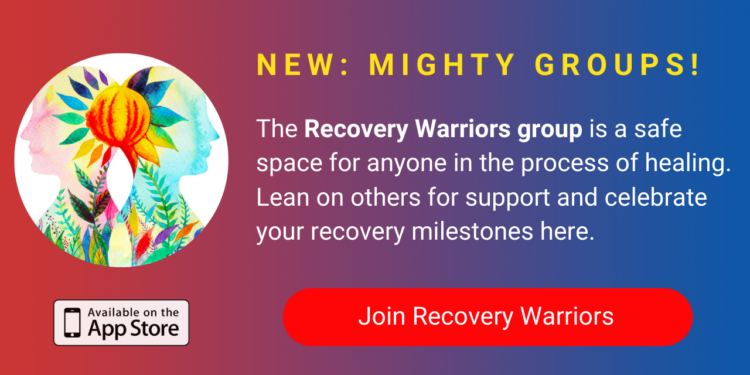How Sobriety Is Different When You Have a Co-Occuring Mental Illness
It’s tragically common for those who deal with mental illnesses to self-medicate with alcohol and drugs. Out of desperation for relief, it can be tempting to turn to substance abuse as a way to deal with what they are going through. Substance abuse is of course not restricted to those with mental illness — and mental illness is not a certainty for substance abuse. But often the two go hand-in-hand, and it leaves the question, “Which do you treat first?”
While I was not diagnosed with depression and anxiety until I was 17, I had been struggling with them for much longer. I had already begun to abuse alcohol as a way to cope with my overwhelming emotions, and starting medication for them was an important step towards recovery. So why did it take me 15 years to truly find sobriety?
I “tried: to get sober almost every year. I might last a month, but inevitably I returned to alcohol, even when my mental health was stable on medication. Some of it was habit — I had established routines for the day that essentially revolved around when I could drink. I worked on crews where it wasn’t uncommon for alcohol to be around. I made sure I had my alcohol no matter where I was. It was a habit I didn’t even realize I had. And every time I tried to get sober, I didn’t really have a good reason to stay that way.
My struggles with depression left me severely suicidal many times throughout my life. Often times my depression would seem to be well managed with medication, only for my psychiatrist to get a call at 1 a.m. telling him I couldn’t live another minute — and asking him what I should do. As a result, I was admitted to a psychiatric hospital three times to save me from killing myself. After I was released from my third stay, I realized something — every time I was on the verge of suicide, I was drunk.
All those years I thought the alcohol was keeping me together, keeping me alive. I didn’t see how it was destroying my life and my brain. I thought it was helping me cope with my anxiety by allowing me to be social with other people. I thought alcohol was helping me cope with my depression by allowing me to escape reality a bit. All that time I honestly thought the alcohol was helping me. But two and half weeks of inpatient treatment made me finally realize something — alcohol was going to kill me.
It was a revelation to me — obvious as it might seem to others. I finally had a solid reason to get and stay sober. It was a simple motto that plays in my head every day: “If I drink, I will die.” Simple, but powerful.
My sobriety has been strongly related to how well my psychiatrist is helping me cope with my mental illnesses. He has been such a source of inspiration and hope by never giving up on me. We adjust medication and find the best balance possible. But more than that — he is supportive of my sobriety. He is proud of me. Again, simple but powerful.
There is no right or wrong way to approach mental illness and substance abuse. There is no “right” order for treatment. Each person is different, and each person must be treated in the way best suited to their recovery. My journey has led me down more dark paths than I care to admit. But in order to find a light in the tunnel, I had to first find a reason to seek that light. I had to realize that alcohol would kill me — or maybe more appropriately, alcohol would make me kill myself. It brought out the darkness, and doused the light. All the times I thought it was helping me, it was secretly killing the parts of me that might have thought to keep looking for that light. Alcohol was a silent killer. It was destroying my life behind the guise of “helping” me cope.
Not everyone with a mental illness with have a substance abuse problem. Not everyone with a substance abuse problem has a co-occuring mental illness. But when the two combine, it becomes increasingly difficult to find the right treatment for the whole person and all their struggles. No matter what the reasons for self-medicating with substance abuse, we must be supportive of the difficult journey such people face. They not only must fight to keep their mental health strong, but they must also fight to protect themselves from the temptation to go back to their old ways.
It takes strength and courage to let go of something you feel is your safety net. It takes determination and understanding to be able to take those steps towards changing your life and your ways. It is a challenging journey — but I can say with two years of sobriety — it is worth it.
Getty image Page Light Studios


